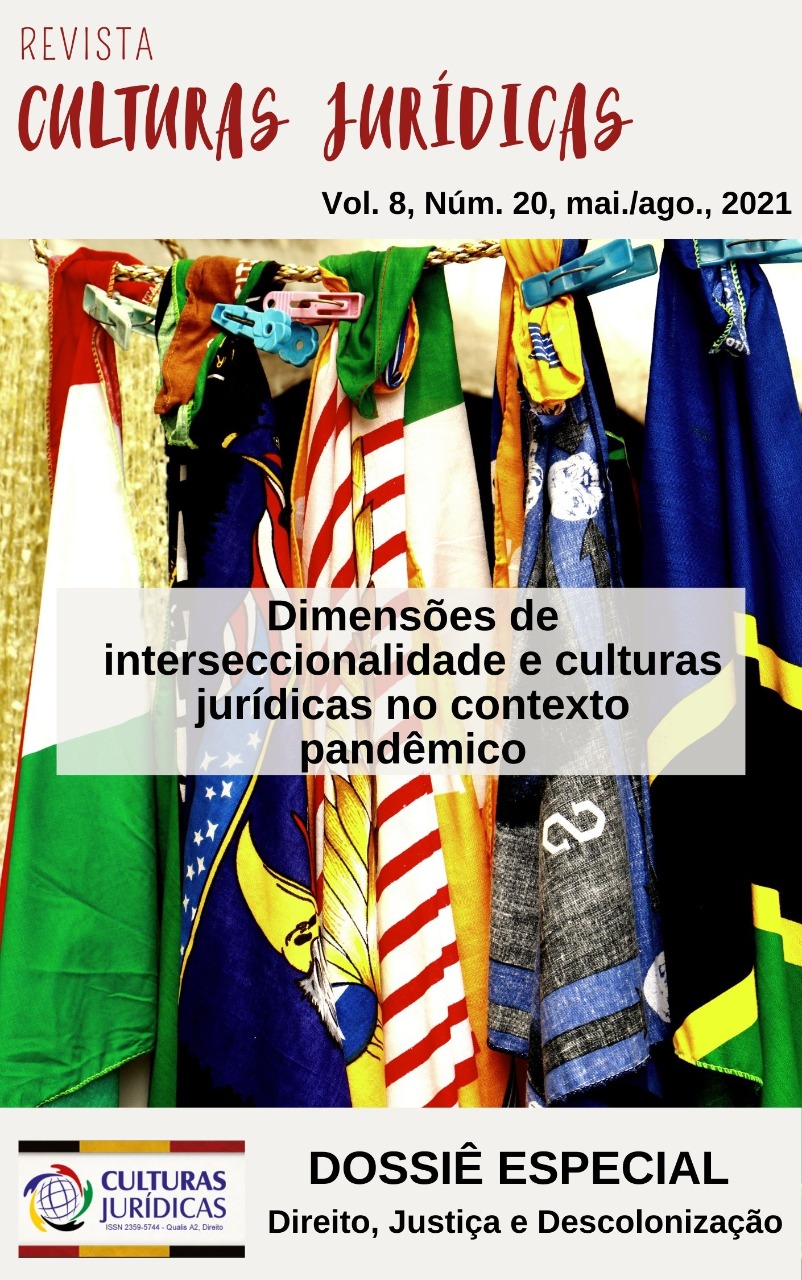THEORETICAL PROPOSALS TO THINK ABOUT THE DECOLONIALITY OF LAW COURSES BASED ON THE EXPERIENCES OF INDIGENOUS LAWYERS
Abstract
The result of a research carried out in the Post-Graduate Program in Education at the Dom Bosco Catholic University/UCDB, the text linked to the Intercultural Education and Traditional Peoples Research Group/CNPq, aims to analyze the discourses and empirical experiences of two indigenous graduates from Law course such reflections center their analysis on the epistemic matrix chosen by the courses and on access to and permanence in university. Supported by theoretical reflections in the field of postcolonial and decolonial studies, the article used a qualitative methodology, where the data produced occurred through interviews with indigenous graduates of the Law course who are part of the first network of lawyers Indigenous Peoples of Brazil from the Articulação dos Povos Indígenas do Brasil (APIB) in partnership with Instituto Pró-Bono. Being at the university means creating an Indianized frontier space, a place where indigenous culture is maintained and dynamically updated through constant transformations, especially in interaction, in the dialogue established with each other and in the promotion of a policy that promotes diversity and the difference.





